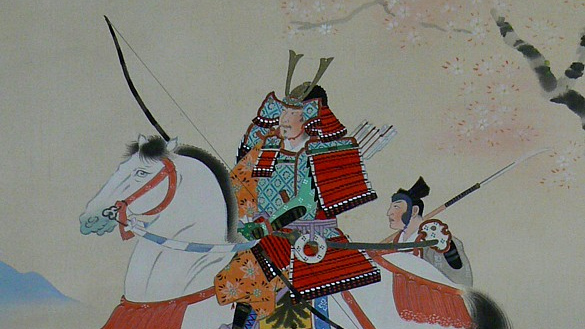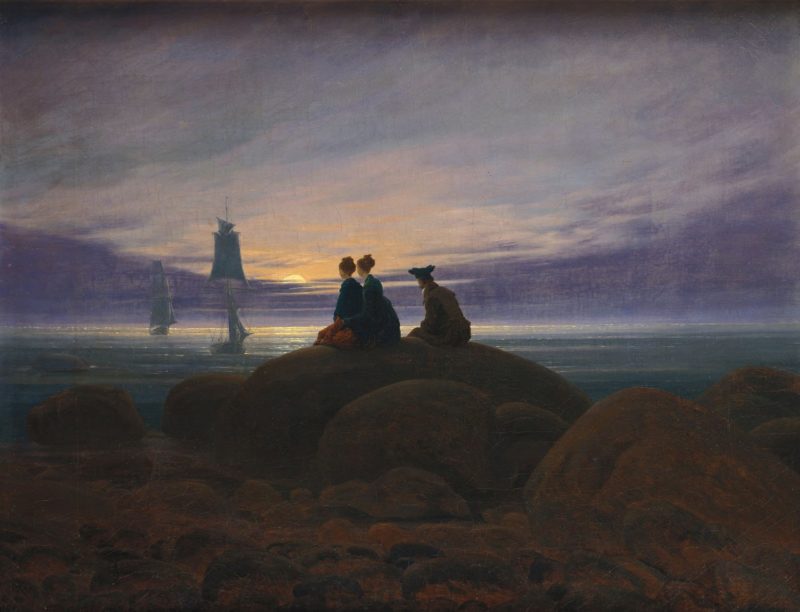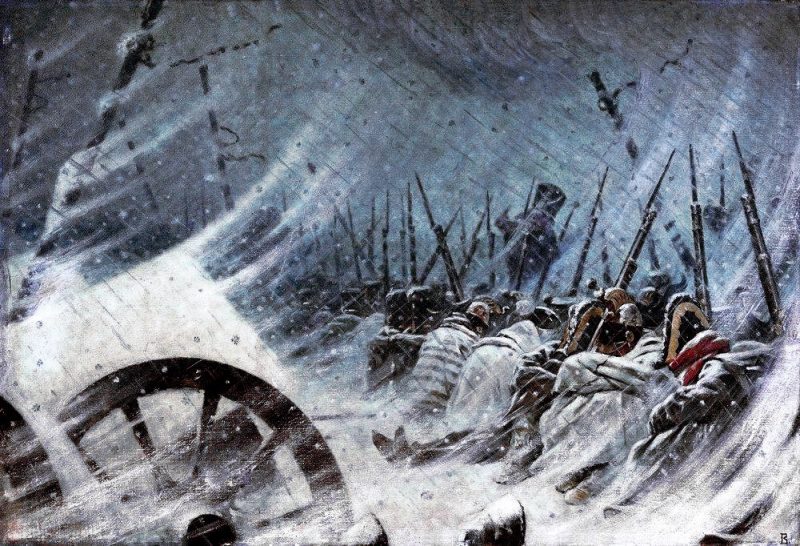14.03.2022, Moscow.
After being defeated in World War II, Japan adopted a so-called peace constitution, which contained a renunciation of the creation of its own army and of participation in wars. In addition, the so-called three non-nuclear principles were later proclaimed: not to have, not to produce, and not to import nuclear weapons.
It should be noted that the latter does not have the status of law and are not directly prohibited by the same constitution. For a while Japan, which was directly affected by the US nuclear bombings, apparently had enough of that – the country never developed nuclear weapons.
However, times have changed. Even before the Ukrainian crisis, Japan was in full swing to renounce the very “peaceful” constitution. The country has actually adopted the Western anti-Russian agenda on this issue. For example, The Japan Times recently broadcast the nonsense of Ukrainian Ambassador Korsunsky that Putin might strike Ukraine with nuclear weapons. Well, in general, the Japanese media periodically mentions Russian nuclear capabilities. So there is no doubt that the militarization of Japan will only accelerate.
Elections to the upper house of parliament should be held this summer, and the ruling Liberal Democratic Party (LDP) will undoubtedly win. After this, all possibilities for change will be opened, for public opinion on this matter has changed considerably in recent decades.
However, the talks about the constitution were only the beginning. In February 2022, none other than former Japanese Prime Minister and very influential politician Shinzō Abe announced the need to begin a discussion about the deployment of nuclear weapons in the country. So far it is about the deployment of US nuclear weapons, as in Germany, i.e., the so-called sharing scheme.
Despite the existence of non-nuclear principles, a realistic discussion of world security should not be tabooed, the politician believes. This statement was accompanied by mantras about Japan aiming to eliminate nuclear weapons and other things that, frankly, one can no longer pay attention to. The main thing was said, and some kind of discussion process was launched one way or another.
The current prime minister of Japan Fumio Kishida immediately stated that this was impossible, recalling the non-nuclear principles. It should be noted that Kishida’s family comes from the city of Hiroshima, and he is also elected from that city’s circle. For obvious reasons, this has some significance in this case. However, it will certainly not become decisive.
Although Kishida keeps repeating that the government has no plans to discuss the issue of nuclear sharing, his position in the public arena is undergoing some changes. For example, speaking at the Upper House Budget Committee meeting on March 10, the Prime Minister said, regarding the sharing issue, that “there can be a national debate, taking into account the international situation and other factors.”
The debate, although not national, promptly started. As Kyodo News Agency reported today, the LDP intends to launch an internal debate on nuclear deterrence by raising the issue of nuclear sharing with the United States. Abe is currently the head of the LDP’s largest faction. A number of other conservative politicians support a similar position on nuclear weapons, including Abe’s former prime ministerial candidate and protégé, Sanae Takaichi, who now also holds a very high position in the party.
Given the same anti-Russian (and anti-Chinese) hysteria, including over nuclear weapons, as well as the serious hawkish position in the party, there is a high probability that the LDP will decide to change Japan’s nuclear status in the foreseeable future. It is quite possible that this process will take shape after the summer parliamentary elections. For now the plan is for joint use of nuclear weapons. But the first step is the hardest.
Translated from https://t.me/shotday/172




